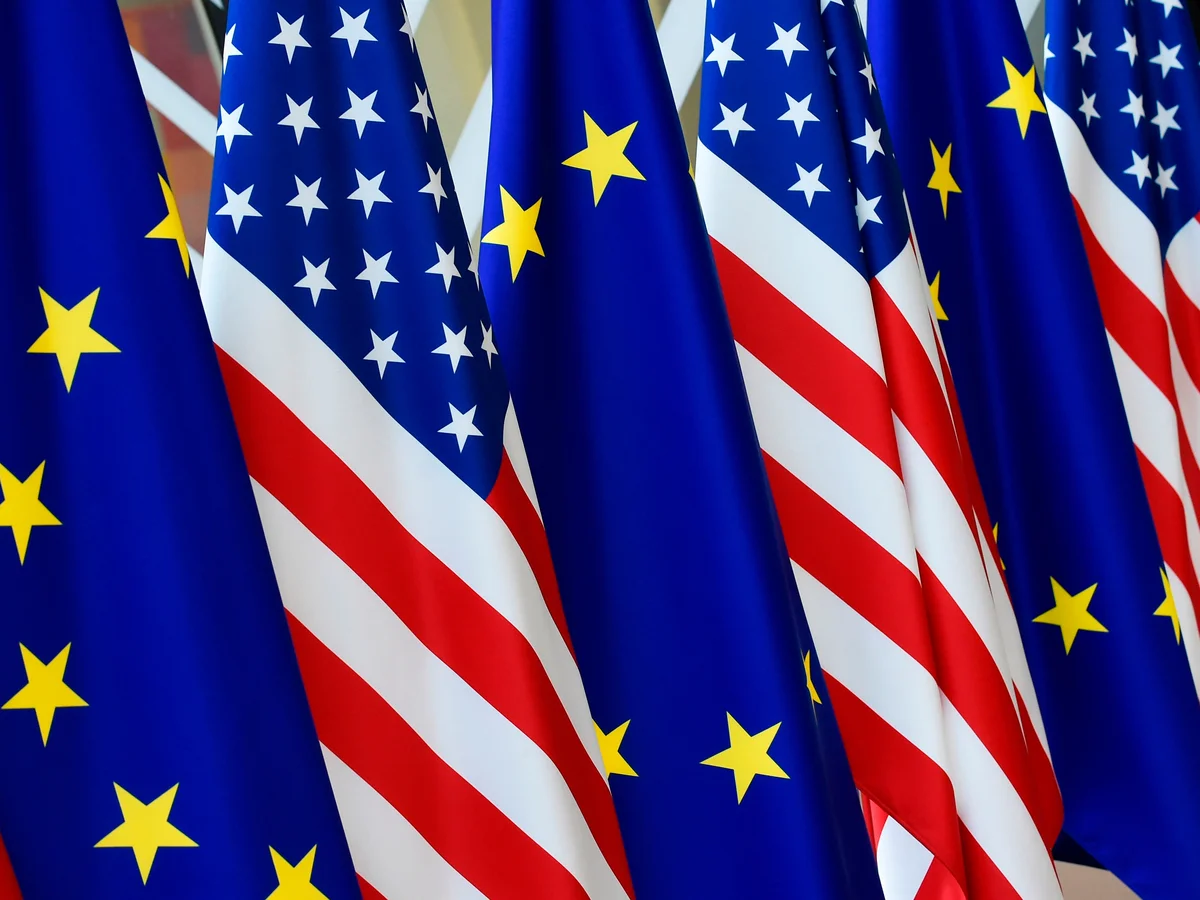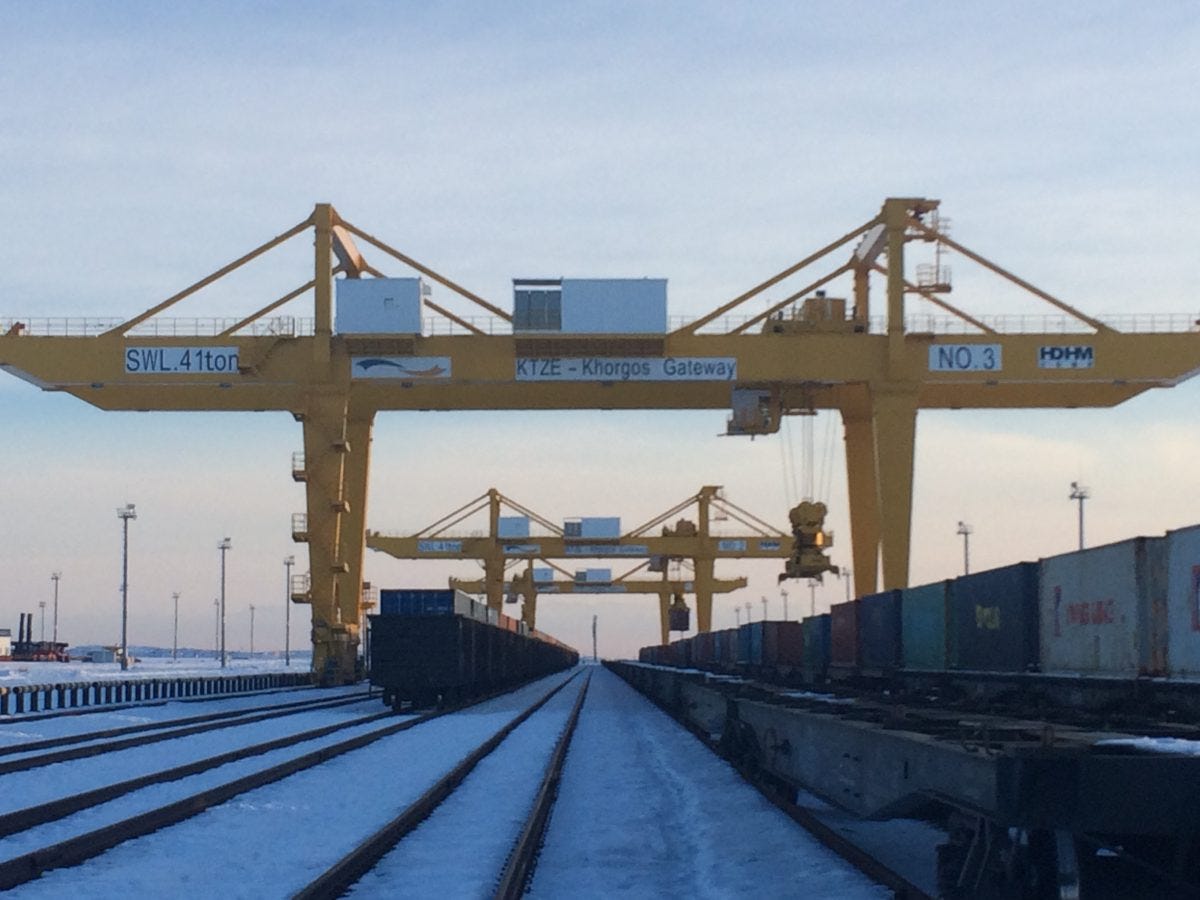Donald Trump’s demand that the European Union impose tariffs of up to 100 percent on Chinese and Indian goods has stirred unease in Brussels. Though framed as an attempt to pressure Russia, many in Europe view the move as a test of loyalty that carries little benefit for the continent itself. The sense is growing that Washington’s approach to alliances has become increasingly transactional, asking much while offering little reassurance in return.
European diplomats suggest that Trump’s tariff ultimatum may be less about China than about Europe itself. By proposing extreme measures that Brussels can scarcely accept, Washington ensures that the EU faces an impossible choice. Refusal allows the US to accuse Europe of weakness; compliance would leave Europe exposed to Chinese retaliation and higher costs. As one official remarked privately, the strategy feels designed to shift responsibility onto allies rather than share the burden.
China has already condemned such unilateral demands as “illegal acts of bullying” and pledged countermeasures. European policymakers know that acquiescing would mean further strain on industries already under pressure from inflation and the energy crisis. The quiet warning from within the EU is telling: abandoning vital trade ties with Asia’s largest economies would leave Europe dangerously exposed.
The memory of recent years weighs heavily. When the EU joined Washington in sanctioning Russia, Europe bore the brunt of an energy shock that Americans escaped. While European factories and households paid soaring bills, the US seized the opportunity to expand liquefied natural gas sales at premium prices. That episode is not forgotten in Berlin, Paris, or Rome.
Today’s tariff debate feels uncomfortably familiar. This time the target is not Moscow, but Beijing—the EU’s largest trading partner. Retaliation would threaten Europe’s automobile industry, green energy transition, and consumer markets on a scale greater than the Russia sanctions. For some European ministers, even those generally aligned with Washington, the impression is that the US seeks to “extract geopolitical benefits while Europe is vulnerable.”
Meanwhile, other allies have declined similar requests. Japan, pressed to consider tariff hikes, refused on the grounds that such measures would violate WTO rules and harm its economy. The contrast between Tokyo’s forthright defence of its interests and Brussels’ hesitation is striking.
All this has sharpened Europe’s debate on “strategic autonomy.” Can the EU continue to build its economic and security strategies around a partner that often prioritises its own domestic politics over allied stability? Even if political leadership changes in Washington, the broader trend toward economic nationalism appears entrenched.
What is at stake is sovereignty. Each time Europe bows to pressure for punitive measures that harm its own economy, its ability to act independently weakens. Autonomy requires shaping policy around European interests and values, not simply absorbing the costs of another power’s strategic gambits.
Trump’s tariff demand has, perhaps inadvertently, forced Europe to confront an uncomfortable question. Is the United States still the reliable ally it once seemed? Or has the partnership tilted so far toward Washington’s advantage that Europe risks becoming a perpetual junior partner, asked to sacrifice prosperity for uncertain returns?
The answer may not come in declarations but in the choices Brussels makes. A genuine alliance must rest on reciprocity, not unilateral demands. Europe need not turn away from the United States, but nor can it afford to follow blindly. Cooperation will continue where interests align, yet the time has come for the EU to weigh each decision against its own long-term resilience.
Mr. Qaiser Nawab, a global peace activist, is a distinguished international expert specializing in the Belt and Road Initiative (BRI), Afghanistan, Central Asia and founder of the Belt and Road Initiative for Sustainable Development (BRISD), a newly established global think-tank headquartered in Islamabad, in conjunction with the one-decade celebration of BRI.














